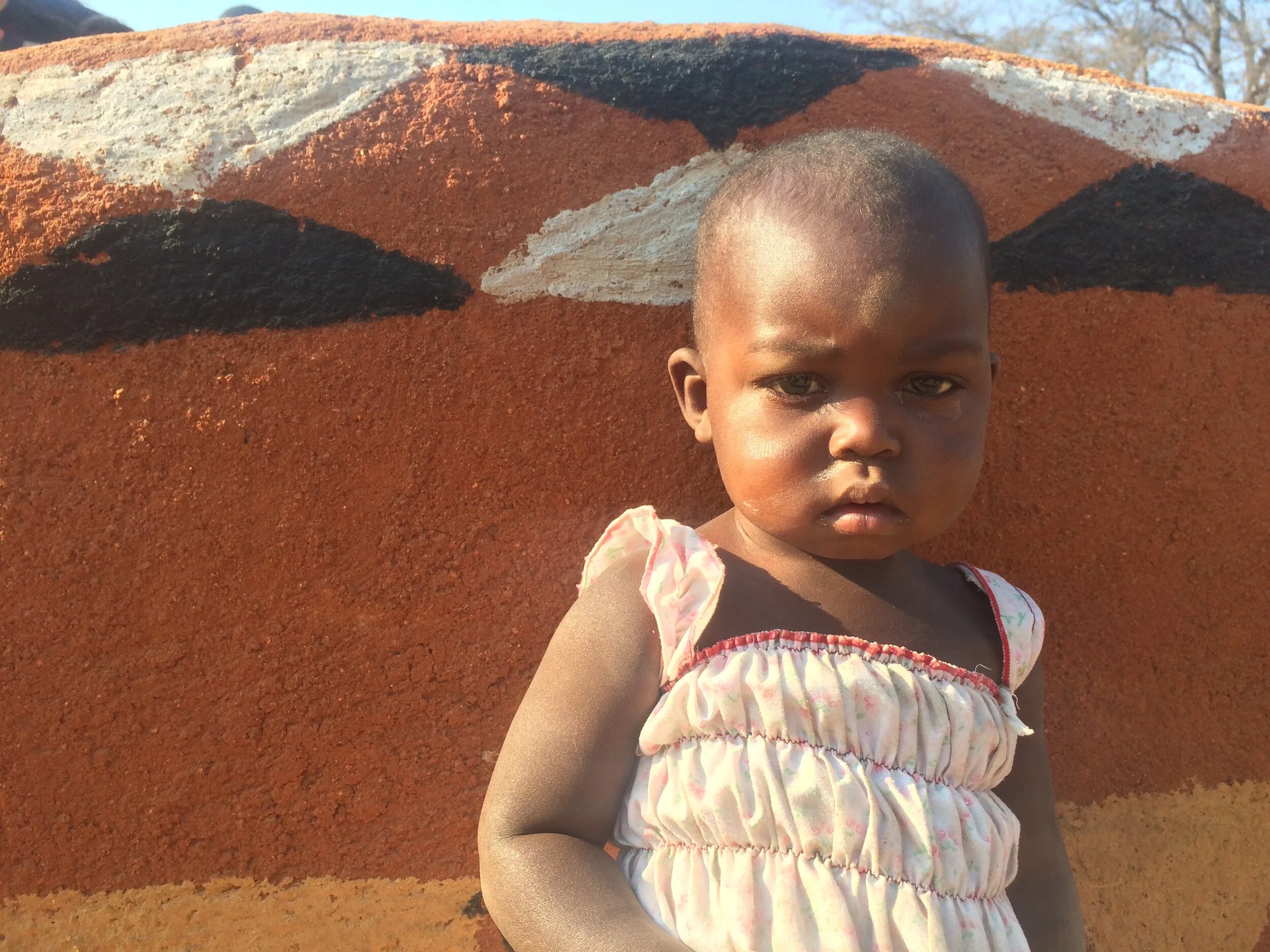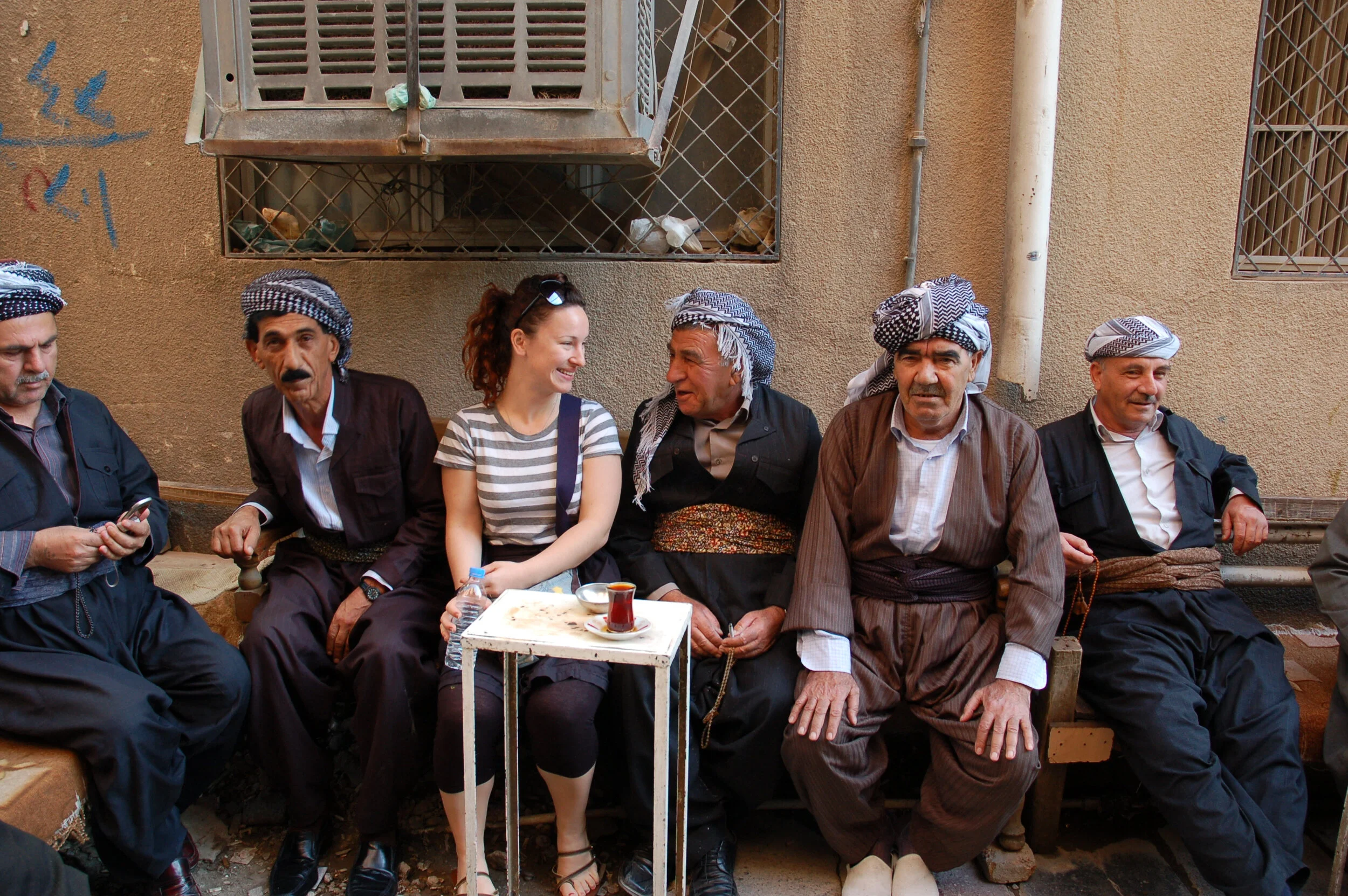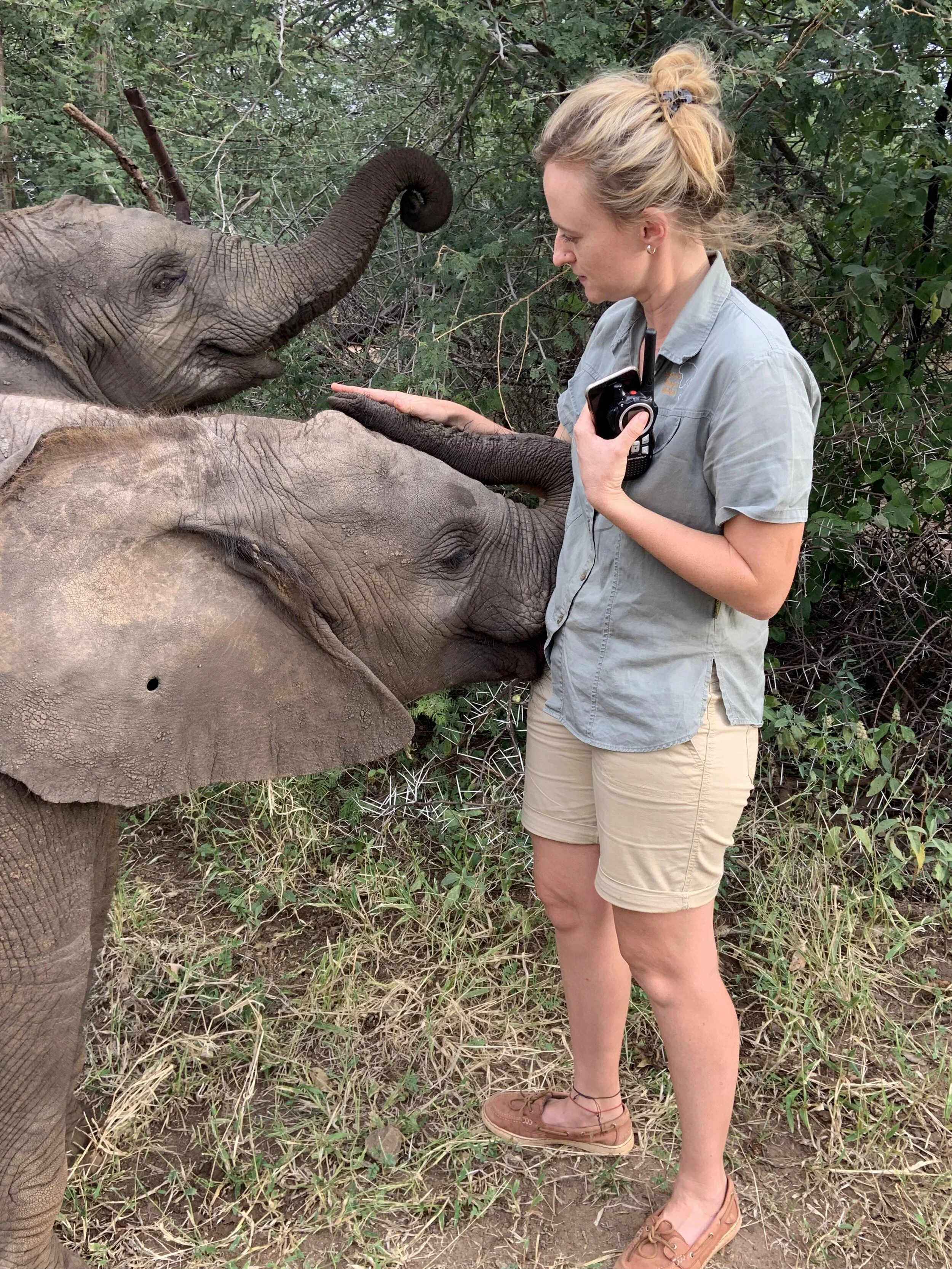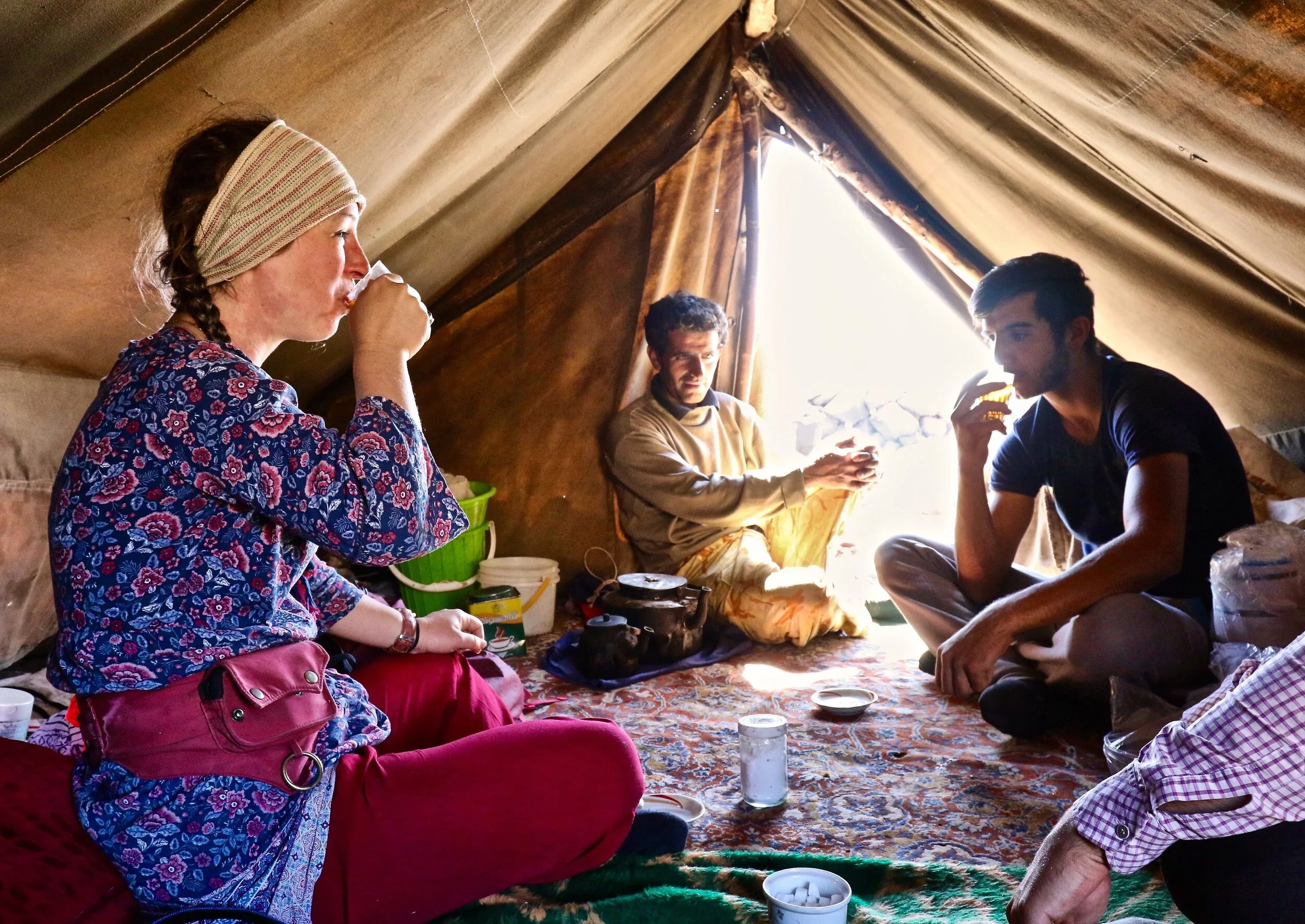The Problem with Poverty Porn
Imagine you’re travelling to a big city. Let’s say London.
You get off a train, and see a homeless guy sitting in a corner. Instead of averting your gaze and hurrying on past, you approach him and ask for a photo.
If he gives you a selfie, you’ll give him five bucks.
You take the picture, part with your change, and post the picture to Instagram.
“Totally humbling experience just hanging with the locals of London today” you say.
“These people have so little, and I appreciate the comforts of home so much more after meeting them”
Kids globally like to see themselves reflected back from a digital screen, but the same efforts required to get permission to photograph someone’s child in the first world, should be applied when you travel too
Next time, you’re in New York. You’ve taken a few months off work and decided to use the time to ‘give back’. You walk into an under-resourced school and offer to help out by teaching for the next few months.
You’re asked about your qualifications, and you explain you’re an accountant. You have no experience, but you have time, and you’d like to help out. You’re surprised when the principal says no, and bewildered when a request to donate a box of pencils in exchange for a photo with the class is denied.
Aren’t they under-resourced, and couldn’t they use the help?
If these things don’t seem logical in the west, then why is it that so many travellers have normalised them in the third world?
REINFORCING OLD NARRATIVES
When we go to a city like London or New York, and we see its social issues first-hand, we also know there’s more to the story. Not only do we know this, but we often aim to exclude those issues from the frame, and focus our time on getting the glossier shots instead.
We know London and New York are more, because we’ve long been exposed and overwhelmed by its alternative narratives our entire lives – from tv shows, to music, to celebrities.
When we travel to the third world however, perspectives start to shift.
Historically, well-meaning efforts to address social issues in previously colonised countries have resulted in typecast populations.
And, the narratives stick. Often because local people lack the platform for alternative stories to have real reach, or because those stories have been over-simplified by foreign, short-term visitors – who never had a chance (or the time) to gain a better understanding to begin with.
The very fact that Bob Geldof’s ‘Do They Know It’s Christmas’ tune was used to raise money & “awareness” for a continent historically traumatised and over-run by white, Christian missionaries, speaks volumes towards the west’s proficiency for naively rubbing in salt – no matter how well-intentioned.
In many of these third world countries, the gap between rich and poor may be huge, it’s true. For all who struggle below the poverty line, you can rest-assured that many are helicoptering their way above it, looking down from a wealth of excess – just like they do in the west.
And, just like in New York – you’re not likely to meet them in a subway car.
When you can’t speak the local language, there’s always charades
HOW CAN TRAVELLERS DO BETTER?
Of course, it’s not the average travellers’ job to fix social injustices, or to catalogue counter-arguments to existing stereotypes. But it’s lazy and unrewarding to seek out experiences that only serve to reinforce them. And it also robs travellers of the opportunity to gain a better understanding of the world, by exposing themselves to it.
The question is not just what gets included in the frame, but also what lies outside of it. It’s not to say that there aren’t any pictures of homeless people in New York, but there are plenty of pictures to give a better-rounded summary than one that focusses purely on its problems.
It’s not that London may not need help building schools, or finding foster homes for vulnerable children, but the average traveller there knows to leave that work to people who have the appropriate training to make a success of it.
The same should go for any traveller hoping give back.
Want to get into wildlife conservation without accidentally petting canned lions, or ensure vulnerable kids get the education they deserve? Then spend the time to gain the qualifications required for your input to be meaningful before you get involved.
A real elephant biologist at work, instead of a volun-tourist. It can happen!
TAKE THE TRANSACTION OUT OF TRAVEL
We all know the saying ‘there’s no such thing as a free lunch’ and this sadly rings even truer for third world travel-inspired charity.
This transactional mindset occurs when a donation to a school get traded for interrupting class time for a photo with the kids. Or when an interaction on the street requires a selfie to prove it happened in the first place. Or when the elephant whose feed you donated towards had to put its trunk on your shoulder for you to part with your cash in the first place.
For all the social and environmental projects available in the third world, there’s a lot of criticism of the organisations who run them, when it comes to dishing out party-favours in return for the help they receive. What these criticisms often don’t acknowledge, is that the demand for a product of ‘charity’ is coming from a consumer – the traveller. The less we demand these bragging rights in exchange for doing good, the better off we’ll all be.
At the end of the day – all organisations, good AND bad, will be faced with tough decisions around how far they can blur their lines to attract their funding. And these decisions are made based on donor demand. The more that we demand products such as selfies as payment for our feel-good moments, the more we’re buying something, instead of giving it.
Taking the time to sit and chat can be the critical difference between an assumption and an understanding
CHANGING THE DEMAND
But, it’s not all bad news. Just as travel has the potential to box things up as stereotypes, it also has the potential to tell alternative stories.
A person begging on a street might be an easy photo op, but an in-depth conversation with another local in a café could lead to lasting friendships to shift cultural misconceptions. In the same manner that many third world countries have social issues requiring solutions, they also have plenty of value to add through alternative experiences and stories, which would benefit from an outsider’s attention.
So, find that different angle, and figure out how best to bring it home with you.
Part of the problem when it comes to shooting poverty porn is that as travellers, we aren’t spending the time to truly understand the shades of grey, and counter our misconceptions in the first place.
The more we’re willing to break outside of our comfort zones, the less we’ll try to think of places in black and white. This can be as simple as abandoning your hotel buffet for a café down the road, or engaging in conversation with someone who actually lives where you’re exploring.
The more you realise that multiple stories and perspectives exist anywhere, the less you’ll feel tempted to sum it all up with a selfie to begin with.




